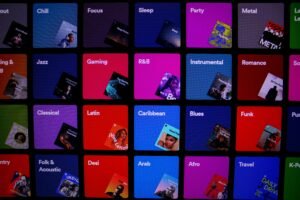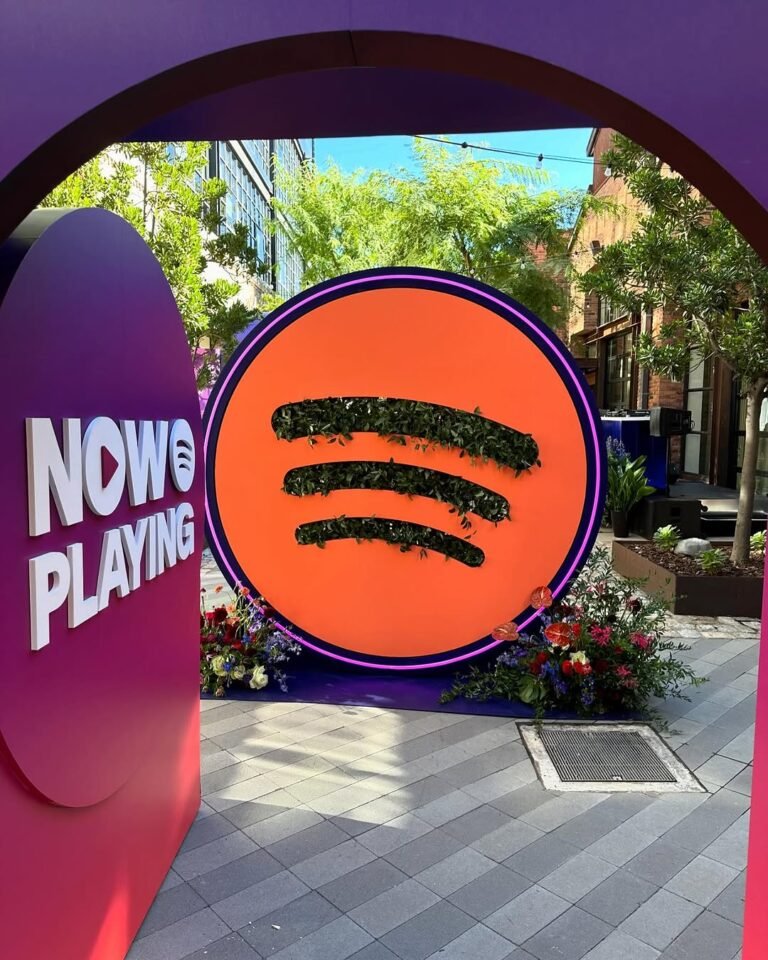Spotify’s recent policy update has the music world buzzing. They’re demonetizing songs with less than 1,000 streams in the past year, aiming to combat fake plays and redistribute royalties to more successful artists. While Spotify claims this benefits everyone, some worry it throws struggling artists under the bus.
A Two-Sided Coin
Spotify sees this as a win-win. First, it tackles “stream farming,” where artists artificially inflate their numbers with bots or short, repetitive tracks. Second, it concentrates payouts on music that actually gets listened to. They claim 99.5% of streams fall into this category, meaning more money for those artists.
However, critics argue this overlooks the vast library of independent musicians. The United Musicians and Allied Workers union believes a staggering 86% of Spotify’s content might not meet the new threshold. This could cripple emerging artists who rely on streaming for income and exposure.

Financial Juggling Act
This policy shift comes amidst Spotify’s financial struggles. Facing consistent losses, they’re not just changing payouts; they’re also raising subscription fees. This, along with ventures into audiobooks and educational content, suggests Spotify is searching for a new revenue stream.
The Future of Streaming
The coming months will be crucial. These changes significantly impact Spotify’s relationship with both artists and listeners. Will this lead to a more sustainable model for everyone involved? Or will it widen the gap between streaming giants and the very artists they rely on?












